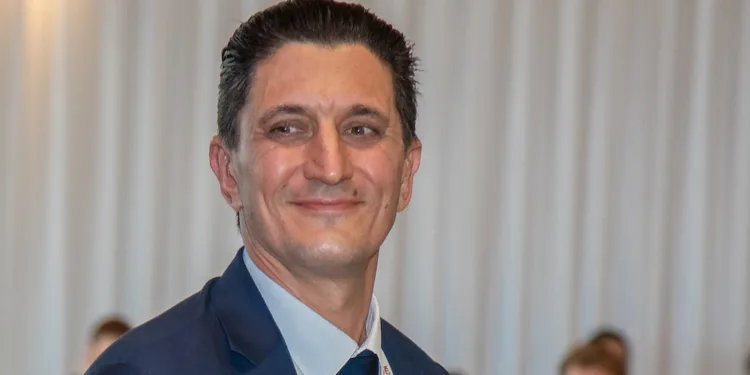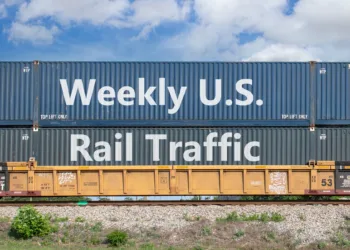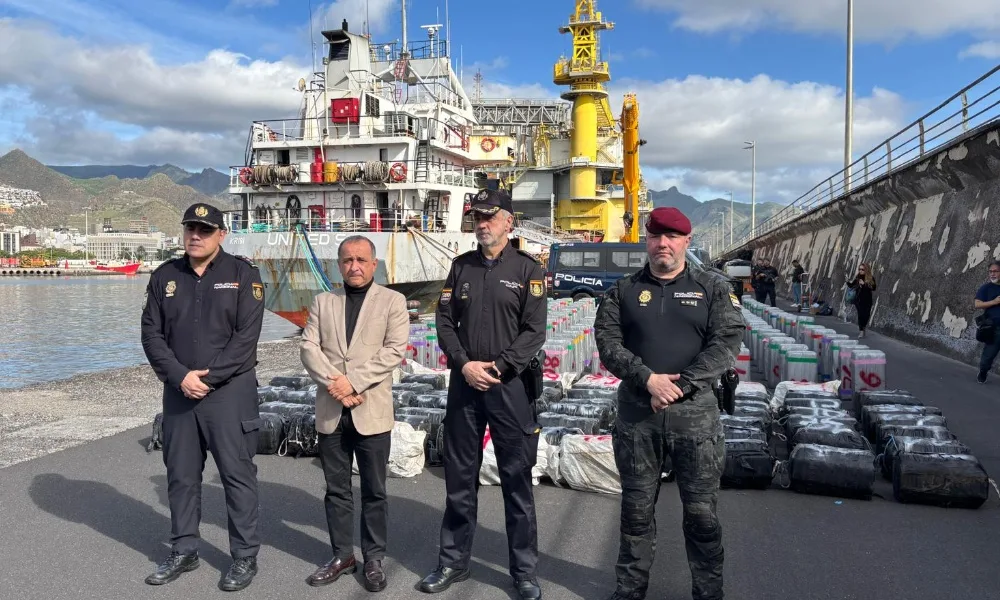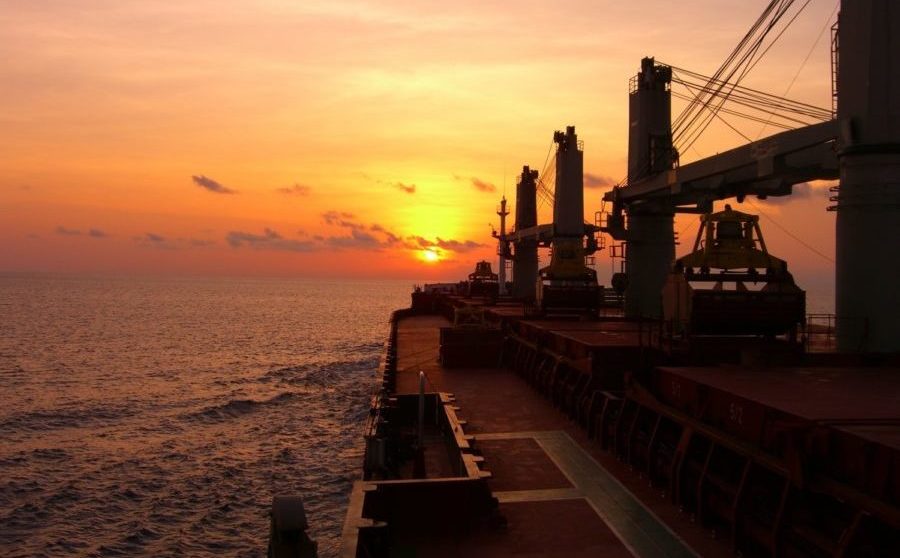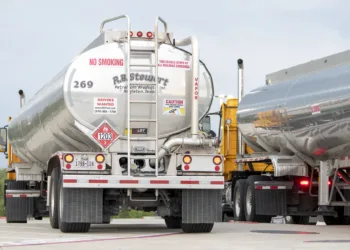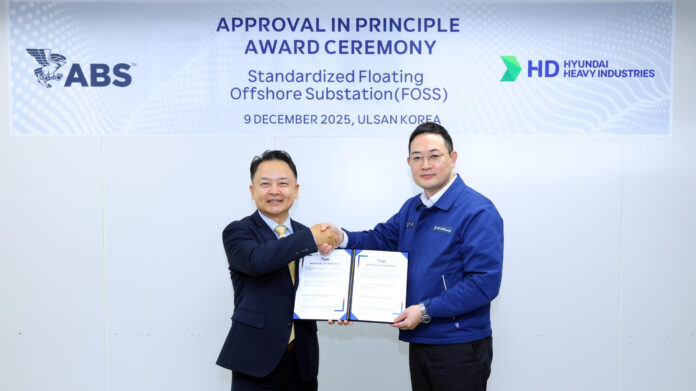Donald Trump’s tariffs have had a surprising effect on the shipping’s largest sector, argues one of the most famous names in dry bulk in today’s Maritime CEO interview.
“The shifts in global trades they caused have helped improve the dry bulk freight supply/demand picture mostly via increased tonne mile demand, which has raised spot and time charter rates,” says John Michael Radziwill, the chairman of Monaco-based C Transport Maritime (CTM).
CTM, which turned 20 last October, is best known for its commercial management, while Radziwill and his team have also been shipowners for much of the past decade. CTM has pools focused on supramaxes, panamaxes, and capesizes.
Ship assets are still on the expensive side compared to where FFA rates are trading
Radziwill is known for running lean, commercial-focused operations, building strong alliances, and often being ahead of industry shifts, whether in pooling, consolidation, or digitalisation.
Over the next 12 months, Radziwill is forecasting capesizes to have very supportive supply-side fundamentals, while the smaller bulk vessels will be more impacted by higher fleet growth.
“Dry bulk trade growth is expected to be flat in the next 12 months with fleet growth of around 3%,” Radziwill estimates. However, the very contained fleet growth in the capesize segment, as well as the long-haul tonne miles from iron ore and bauxite that are being added, will be a big support to that segment, he says, and the overall dry bulk freight market.
“Ship assets are still on the expensive side compared to where FFA rates are trading. The returns on paper are very low for the investment,” Radziwill says, adding his feeling that if the recent pushes in dry bulk freight spot and period markets continue, current levels may seem cheap soon.
Pressed on where the big tech breakthroughs shipping might see in the coming year, Radziwill champions artificial intelligence, something his company CTM has been an early adopter, investing in Complexio, a foundational AI venture oriented toward the maritime and shipping industry that can fully ingest and map a company’s entire data ecosystem—structured, semi-structured, and unstructured—across emails, documents, systems, and workflows.
“Like with other industries, the rollout of AI is probably the largest tech breakthrough in shipping, which will likely touch every element of the value chain,” the CTM chairman says.
Radziwill is due to speak at the Monaco edition of the Maritime CEO Forum in October as well as next April’s Geneva Dry where he joins a host of well-known shipowners already confirmed to speak at the world’s premier commodities shipping summit.



